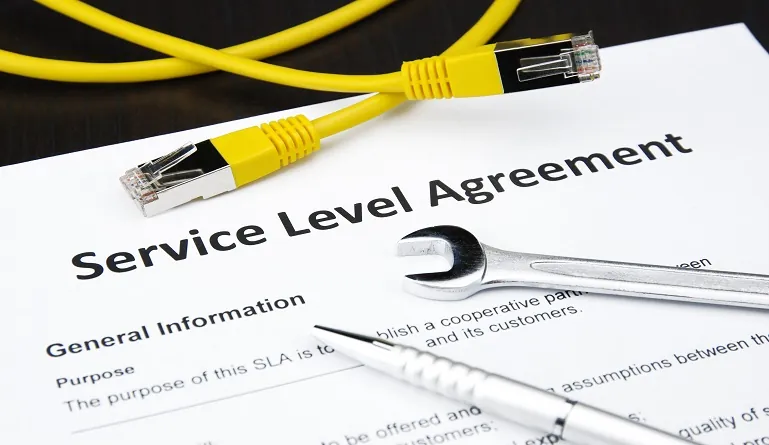Bartering might not be the traditional way that businesses secure products and services – usually cash or credit changes hands – but it’s becoming a legitimate way, particularly in small business circles, to mitigate financial risk, build goodwill, create better business relationships, and secure certain supplies and services.
Here are some tips to help being bartering successfully.
-
Know what you need and what you have
The biggest priority you should establish when it comes to engaging in barter services is knowing what you have of value that other people want, as well as what you need to grow your business. For instance, you might need office supplies or marketing services, so you first must establish whether your needs are tangible or intangible, and work your plan around that.
If you need marketing exposure, can you contact a company hosting an event and offer to speak for no cost in exchange for your name as a sponsor or in print on materials? If you need a specialized tool and someone is offering it for trade, could you offer payment in whatever you firm specializes in, such as several hours of consulting or graphic design? Knowing what you have to work with is one of the first steps to successful bartering.
-
Know the best barter sites
There are different site options available to help you facilitate your bartering.
Craigslist: This well-known site can put you in touch with potential barter partners. Lots of tangible goods are listed with a monetary price or “trade” option that indicates the seller is willing to trade goods or services for the item. Sometimes they’ll even put what they’re looking to trade so that you know if contacting them is worth your time.
International Reciprocal Trade Association: IRTA is a non-profit that works to ensure fair bartering practices, as well as helping to promote the value of bartering in communities. Their directory can connect you with IRTA members who are vetted as ethical and trustworthy.
U-Exchange: This site specifically helps small businesses in bartering, offering free posts, trades, and connections between those businesses interested in trading goods and services. Many other reputable exchange sites do charge a fee or commission, so this is a good starting place.
-
Remember negotiation
Just like if you were signing up for services from a cloud provider or any other vendor, there is always room for negotiation. Ask for what you’re comfortable with. It’s important to remember that the idea of worth and value are different when bartering. It’s not simply assigning a fair market price to something or accepting retail value pricing. With bartering, you’re considering things like time, effort, skill, and perhaps even rarity of items or services. Bartering, then, is more than just paying a sticker price or asking for a bulk discount – it can include a fair amount of negotiation on both sides until both individuals or organizations arrive at what’s fair and beneficial to both parties.
-
Be safe and skeptical
If there’s something that seems off about the proposed trade, don’t be afraid to ask questions, get clarification, ask for reviews or referrals, or even call it off and look elsewhere. You don’t want to risk your personal safety or your business reputation.
-
Understand the legality of trade
Because no money is being exchanged in business bartering, it’s easy to think that the normal regulations around buying and selling don’t apply. Barter transactions are taxable and you should keep records and receipts of bartering activity the way you would for any other business transaction.
-
Don’t forget your customers
While business-to-business bartering is some of the most common bartering, sometimes business customers can be a great source of bartering. If you find out that one of your local customers has a great connection on raw materials, is a talented designer, or has a skill set you can capitalize on, ask if they’d be interested in you providing them with free product or services in exchange for their services. It might be a great fit, because your customers have already expressed interest in what you’re offering in the market.
Bartering can have huge business value. Not only can it save you money, it can help you develop excellent cross-industry business or customer relationships and help steadily grow your brand awareness.





